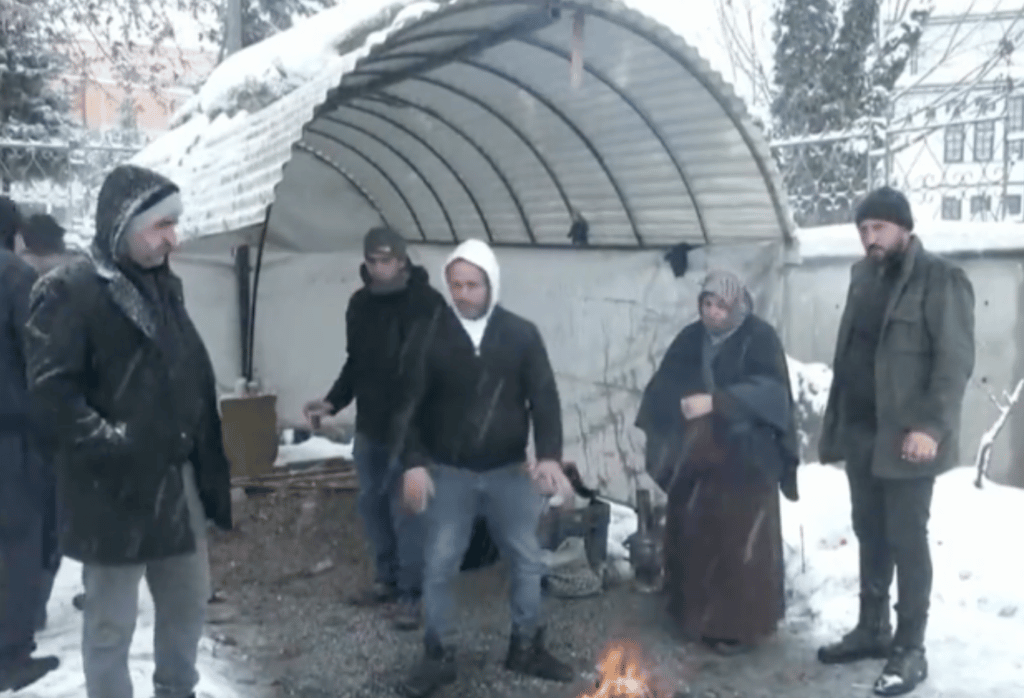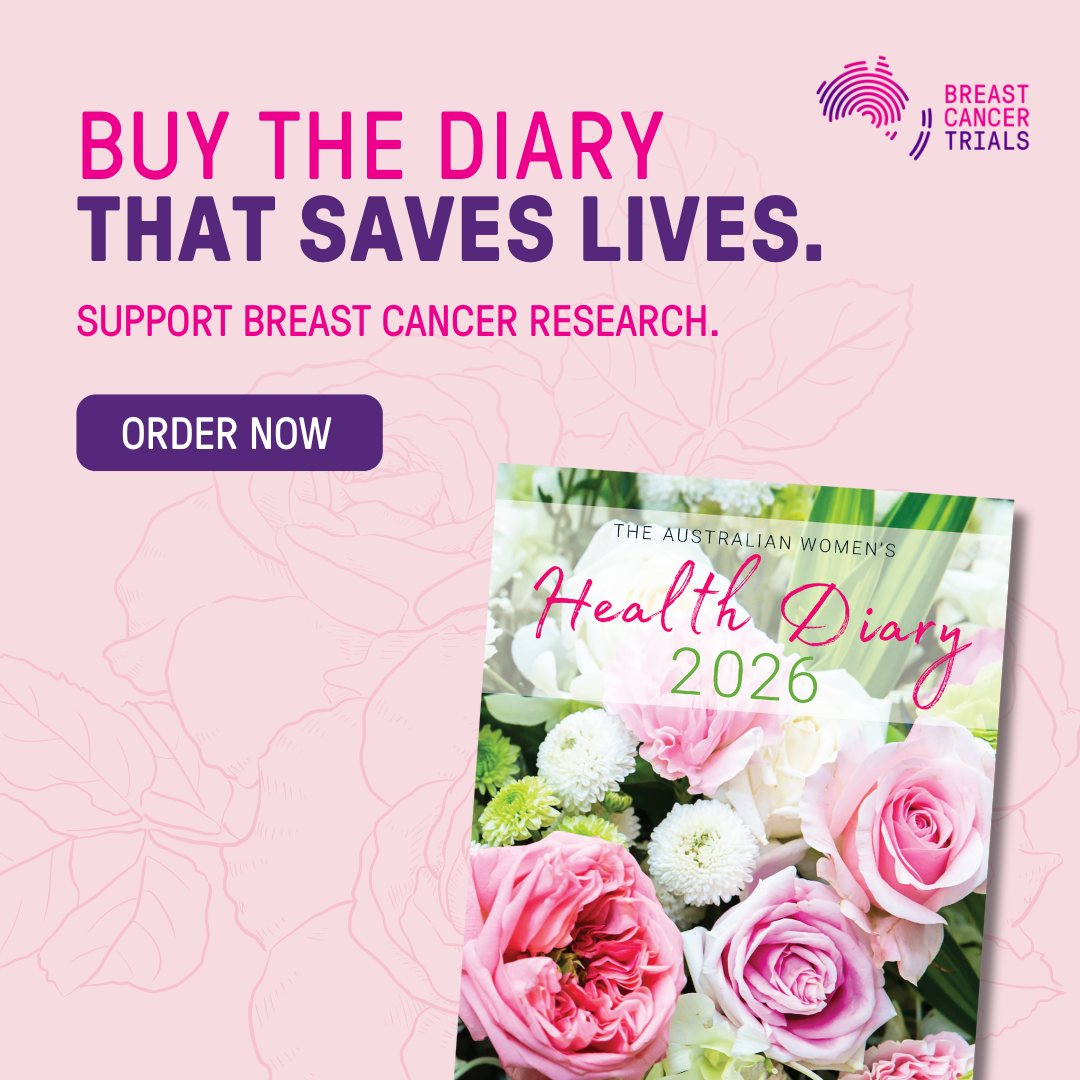It’s difficult to fathom the horror and grief millions of people in Türkiye and Syria are experiencing since Monday morning’s 7.8-magnitude earthquake — harder to acknowledge that for women and girls, the consequences are materially harder and more dangerous.
Studies have shown that disasters disproportionately impact women and girls. Risk of violence is exacerbated in high-risk environments, as well as increased levels of existing gender inequalities.
As the death toll continues to rise beyond 7,700 from Monday’s disaster, the women and girls affected by the earthquake must grapple with the heightened impacts precipitated by their country’s appalling history of violence against women and gender inequity.
In Syria, millions of people remain internally displaced since the beginning of the Syrian war, with many of them requiring urgent humanitarian assistance to survive. Monday’s earthquake, which has become one of the worst natural disasters of this century, has only worsened the condition for refugees, especially women and children.
UN Syria Commissioner Lynn Welchman expressed her concerns in a statement released overnight, saying “women and children often face increased risk of discrimination, abuse, and exploitation following natural disasters.”
“Many of the women affected by today’s earthquake are likely to be heads of households or internally displaced, or both,” Welchman said. “Particular care must be taken to ensure their protection and support amid the multiple crises they are now facing.”
International NGOs are broadening their emergency response, working with local authorities in the provinces hardest hit by the earthquake. In Syria, rescue attempts have been distressed by the sanctions against President Bashar al-Assad’s government, preventing aid crossing into opposition-controlled regions.
“Many in northwest Syria have been displaced up to 20 times,” International Rescue Committee’s Syria country director, Tanya Evans said. “With health facilities strained beyond capacity, even before this tragedy many did not have access to the health care they critically need.”
Freezing temperatures have also imperilled emergency teams as they continue to search through collapsed buildings for survivors. In the small town of Gaziantep in Türkiye, which experienced the full force of the earthquake, temperatures have reportedly dropped to -6 degrees, while in the Syrian city of Aleppo, temperatures are predicted to drop to -2.
The United Nations Sexual and Reproductive Health Agency (UNFPA) said it has increased its emergency efforts to reach women and girls impacted by the disaster, which has destroyed UNFPA-supported maternity facilities, youth centres and women’s and girls’ safe houses.
UNFPA Executive Director, Dr. Natalia Kanem, said the organisation’s top priority is to re-establish health-based services to protect the most vulnerable — women, girls and children.
“UNFPA is committed to support the people of Türkiye and Syria affected by the earthquakes, including the pregnant women who are expected to give birth in the coming weeks under these difficult conditions,” Dr Kanem said.
“Their ability to access quality care before, during and after delivery must not be an afterthought.”
On Tuesday, a newborn baby was pulled alive from the rubble of a building, her umbilical cord still tied to her mother, who did not survive the earthquake. The infant’s parents Abdullah and Afraa, along with five other relatives, perished in building.
The U.N said their main focus is to make sure people have access to safe drinking water and sanitation — vital to protecting them from contamination and illness in the immediate aftermath of a disaster.
“The lives of so many people have been torn apart,” said Dr. Kanem. “Amidst the devastation and uncertainty that natural disasters bring, UNFPA will continue to do what is needed and what it does best: respond to women’s and girls’ emergency healthcare and protection needs.”
UNFPA announced it has dispatched mobile health clinics to provide reproductive health and protection services (including reproductive health supplies and medicines) for women in the worst-hit areas.
Dr Unni Krishnan, Global Humanitarian Director at Plan International said the humanitarian focus needs to be on children.
“In the aftermath of earthquakes, children really do need support the most,” Dr Krishnan said. “Their lives have been turned upside down, and they need support to regain a sense of safety and normality while all is chaos around them.”
“Our experience shows that children, especially girls, women and the poorest families, are often hardest hit in a disaster like an earthquake. Women and children in the disaster-zone will be at risk of exploitation and abuse, should they find themselves once again displaced. The protection and safety of children, particularly girls, must be a top priority.”
Action Aid UK, the UK Branch of the international charity assisting women and girls living in poverty, have increased their appeal to the public, creating a Türkiye-Syria Earthquake Appeal, and reminding us all of the disproportionate impact women and girls face.
“Heavy rain and extreme weather conditions are making it even more difficult for search and rescue teams to recover people from the #earthquake wreckage,” ActionAid UK tweeted. “We are concerned that there will be a serious lack of shelter, especially amid the harsh winter conditions.”
“This is likely to leave people, particularly women and girls, exposed. Women and girls often suffer the most during humanitarian emergencies. Typically, more women than men are killed by rapid onset disasters and violence against women and girls increases during all emergencies.”
“Women and girls have particular needs and that’s never more apparent than during an emergency. Pregnant women, mothers particularly those who are breastfeeding and menstruating girls all need specific support and provisions.”
Sherine Ibrahim, Türkiye’s Country Director of international aid organisation CARE, said baby items, warm clothing, food and mattresses are among their top priorities over the next few days.
“Women and children have not been spared,” she said. “To have an earthquake impact their tents, their lives, their nutritional status, and their mental health is devastating.”
“We’re in dire need of immediate support. In the form of financial assistance to make sure that those who are out in the cold are able to find warmth, those who are hungry are able to eat, and children who are already suffering from malnutrition are able to survive.”
Female-focused aid organisations to donate to, include the following:
Plan International – donate here
Action Aid Australia- donate here
UNFPA – donate here
Care – donate here



